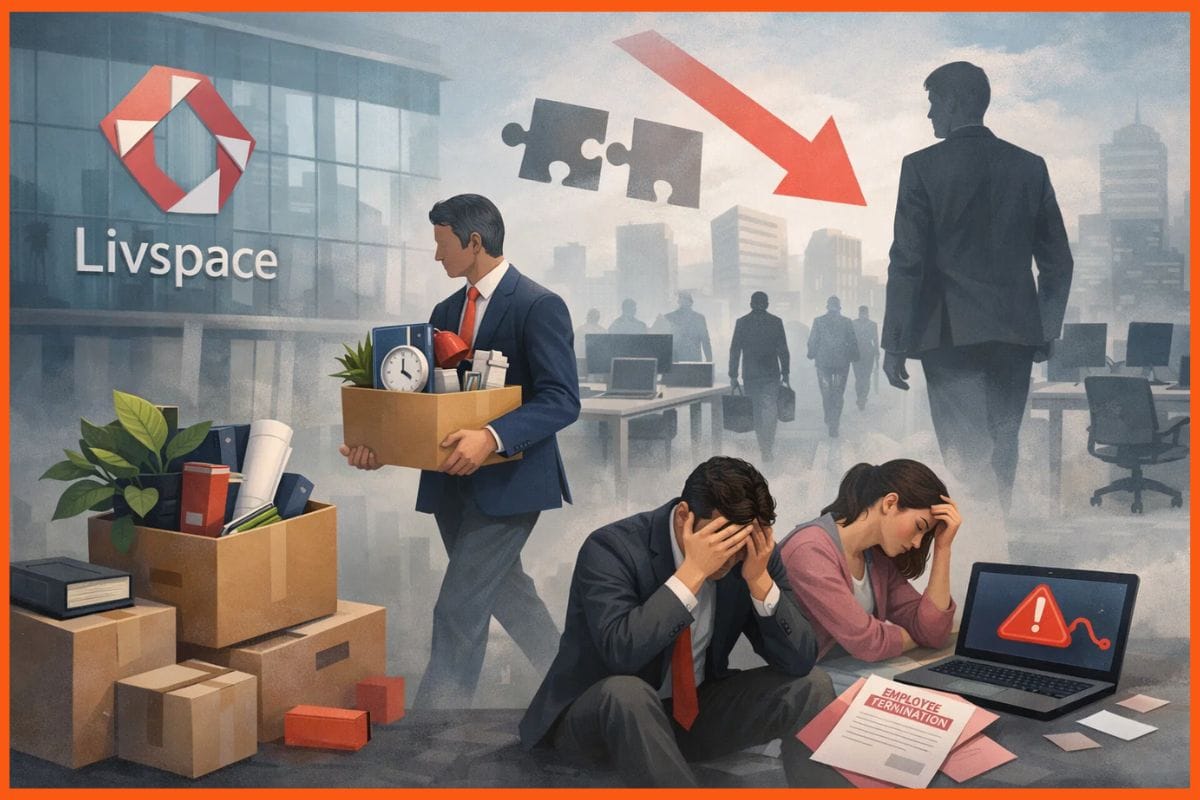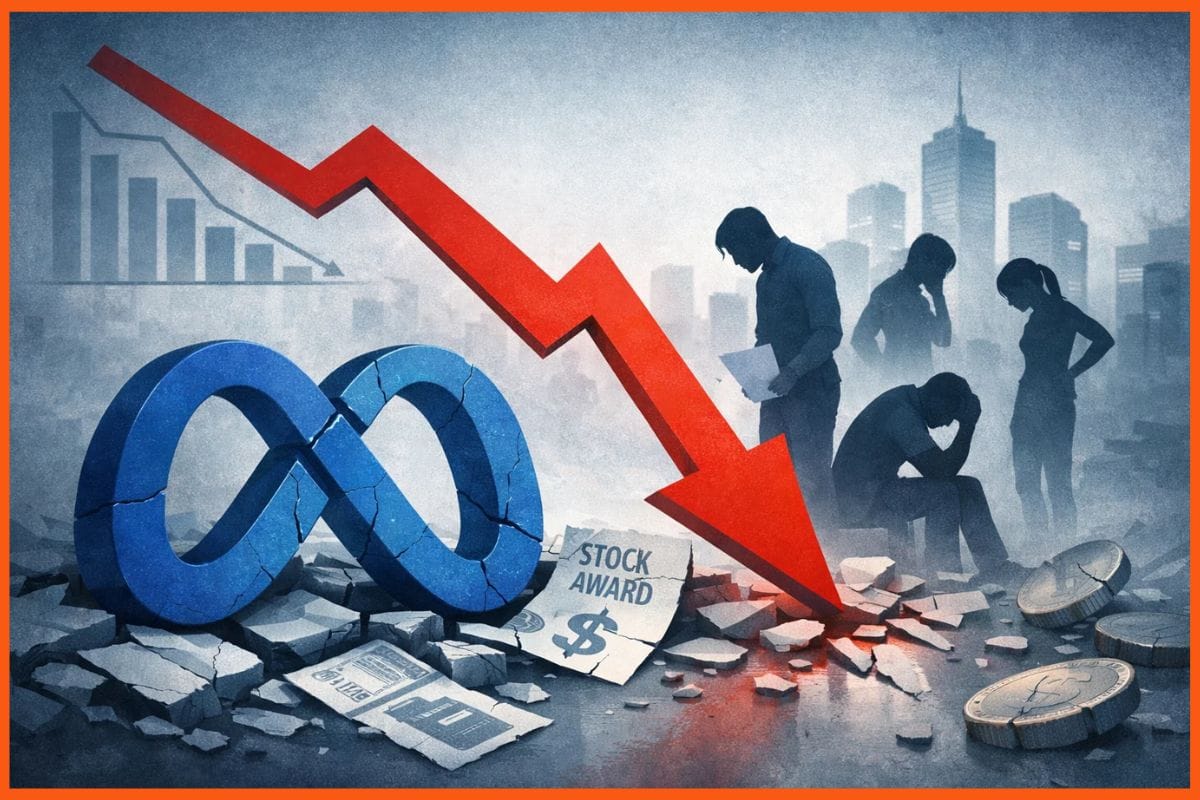Coca-Cola Vs. Pepsi: The Amazing Story of Brand Wars And Marketing Strategies
🔍Insights
A relationship and a rivalry ingrained in the culture that predates the 20th century. Two companies that have played a pivotal role in shaping the contours of modern advertising.
J. C. Louis and Harvey Yazijian’s 1980 book titled ‘The Cola Wars’, perhaps, best describes it. “As two of the prime consumer products in modern civilization, Coke and Pepsi have come to epitomize perhaps the central feature of all advertising, which is to provide the forum for placing social values and attitudes on a plane with material ones — be they goods, services, or money”
Between the two historical giants exists legendary marketing tactics to outdo each other. One of the most famous ones was the 1975 Pepsi Challenge.
What was the Challenge
The History of the two Titans
Marketing Strategies Comparison
Who is Better
What was the Challenge
The Year 1975
Coca-Cola had been holding the number one position in the market for decades. Their superior distribution system, effective marketing, and incredible brand loyalty created a legion of happy customers.
Pepsi was relatively new and looking to capture a sizeable market portion. They were driven, hungry, and willing to go that extra mile. A business savvy executive at the company designed a bold and revolutionary strategy and called it ‘The Pepsi Challenge'.
They walked inside the malls around the country and invited people for a blind taste test. One can contain Pepsi and the other Coca-Cola. The blind taste test resulted in the favor of Pepsi. They were jubilant about the win and conducted television campaigns showing people choosing Pepsi over Coca-Cola.
Pepsi had won the battle but the war was yet on. Coca-Cola had yet to respond.
After a few initial blunders like issuing press releases and questioning the results of the Pepsi campaign, Coca-Cola came up with a devious plan. Enacting the adage ‘If you can’t beat them, join ‘em’, they came up with New Coke that was similar in taste to Pepsi.
The plan worked like a charm. The ‘New Coke’ spurred debates as people wrote to the company to change it back to the classic Coca-Cola taste. Now people were again talking about Coca-Cola – New Coke vs. Coke Classic. And Pepsi was forgotten.
The Year 2003
This iconic battle was so baffling that a neuroscientist named Read Montague decided to resolve it through his own study.
He recreated the blind taste test with a few test subjects and monitored their brain activity. His research was in line with the original campaign – Pepsi was preferred. His finding was that the subjects responded strongly to Pepsi in the reward center of the brain.
Next, he tweaked the test the told his subjects exactly what drink they were consuming. This time the test results were in favor of Coca-Cola. He observed that brain activity changed. Memories and perceptions had taken over and sheer brand power overrode every other consideration. Coca-Cola has won again !!
The History of the two Titans
Both drinks were created in a pharmacy. Coca-Cola was the first to be created by Dr. John S. Pemberton in the early 1800s. A little over a decade later, Caleb Davis Bradham created the drink that would later be known as Pepsi-Cola. For more than a century and traveling different paths, both these companies have created a niche for themselves. Their marketing techniques have made it to the Advertisement Hall of Fame and the brands are identifiable by their logos worldwide.
Marketing Strategies Comparison
Coca-Cola was the first company to expand internationally in 1915 by opening a plant in the Philippines. By the 1920s Coca-Cola was establishing a presence in Europe and within a decade expanded its presence to Australia and South Africa.
Meanwhile, Pepsi had expanded its footprint in the country to 24 franchises by 1910. World War I and the resultant sugar crises almost forced Pepsi to go bankrupt in 1923. The company was sold about 5 years later and relocated to Virginia. In the early 1930s the company again faced bankruptcy but recovered and since then has been successfully growing.
Both companies have developed logos after a deep market study using colors that most resonated with consumers. Their advertisement campaigns have been on an equal footing, be it creating catchy jingles to audience-engaging television promotions. By the 1960s, both companies had a presence in more than 100 countries when Pepsi decided to tap the youth market by dubbing the brand as ‘those who think young’. Its youth-focused advertisements continue into the 21st century.
Both companies expanded their product range in the 1960s. Coca-Cola purchased the Minute Maid Corporation and launched its most successful product Sprite. Pepsi, at the same time, gave its health-conscious customers a sugar-free option called Diet Pepsi. They also acquired the distribution rights of 7-up, Sprite’s main competitor, in the 1980s. As time went on, both companies expanded their product ranges and are on an equal footing.
With time and technological advances, this clash of the titans has also evolved. Both companies used celebrities for endorsements which lasted for about 2 decades. When social media marketing evolved, both companies became active online continuing their war.
Over the years both companies have sponsored a slew of major sporting events. Coca-Cola has been associated with the Olympics since 1928 while Pepsi has a long-term deal with NFL.
Who is Better
Every year, with all the highs and lows, they win some and lose some. However, there is no clear demarcation about who is better. Both conglomerates are head-to-head. However, for both brands, the future is more about hand-in-hand as the market and consumers evolve.
FAQs
What marketing strategy does Pepsi use?
Pepsi's marketing strategy utilizes celebrity endorsements and company sponsorships to promote its product.
What marketing strategies did Coca-Cola use?
Coca Cola actively uses social media and online communication channels for business promotion.
What makes Coca-Cola more successful than Pepsi?
Coca-Cola has a much stronger position in the industry than Pepsi because of its diversified product line and portfolio, which gives it the upper hand when it comes to competition.
Why did the Cola Wars happen?
The great Cola Wars of the 1980s were a battle between Coca-Cola and Pepsi for dominance.
Must have tools for startups - Recommended by StartupTalky
- Convert Visitors into Leads- SeizeLead
- Website Builder SquareSpace
- Run your business Smoothly Systeme.io
- Stock Images Shutterstock





